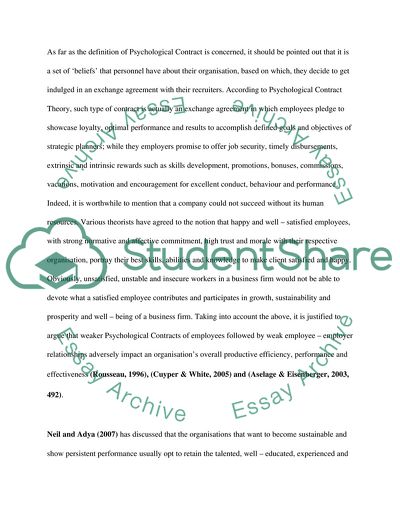Cite this document
(Psychological Contract in Contemporary Organisation Essay, n.d.)
Psychological Contract in Contemporary Organisation Essay. https://studentshare.org/human-resources/1742568-psychollogical-contract-in-contemporary-organisation
Psychological Contract in Contemporary Organisation Essay. https://studentshare.org/human-resources/1742568-psychollogical-contract-in-contemporary-organisation
(Psychological Contract in Contemporary Organisation Essay)
Psychological Contract in Contemporary Organisation Essay. https://studentshare.org/human-resources/1742568-psychollogical-contract-in-contemporary-organisation.
Psychological Contract in Contemporary Organisation Essay. https://studentshare.org/human-resources/1742568-psychollogical-contract-in-contemporary-organisation.
“Psychological Contract in Contemporary Organisation Essay”. https://studentshare.org/human-resources/1742568-psychollogical-contract-in-contemporary-organisation.


